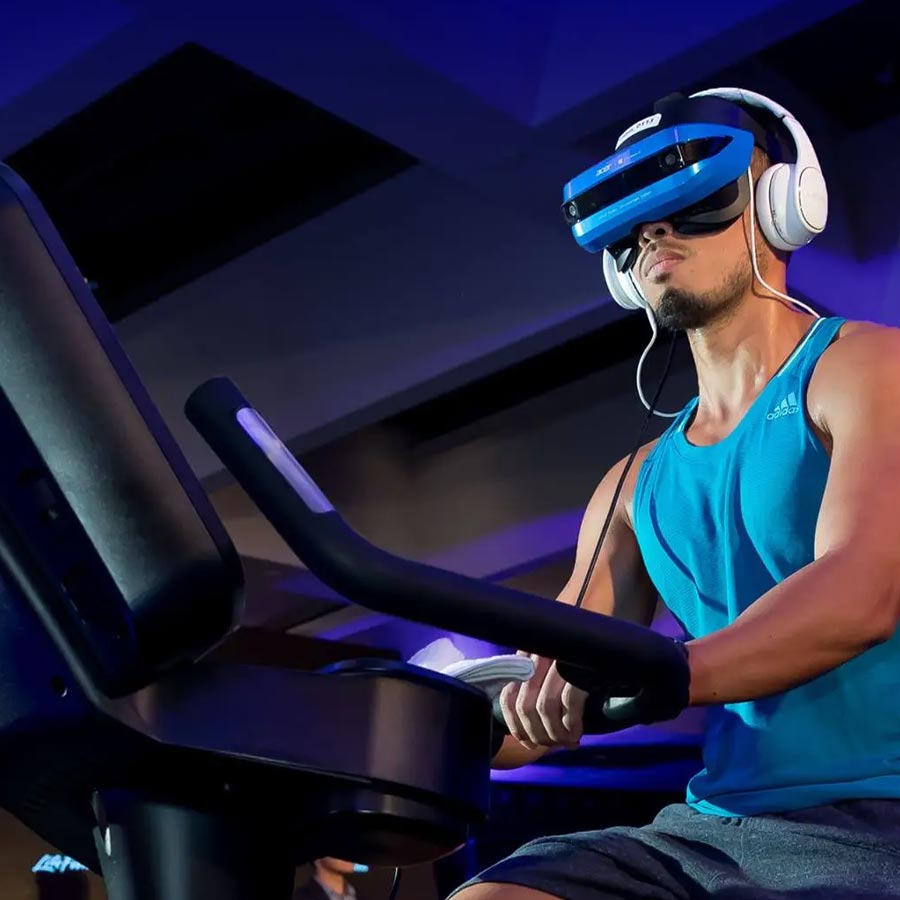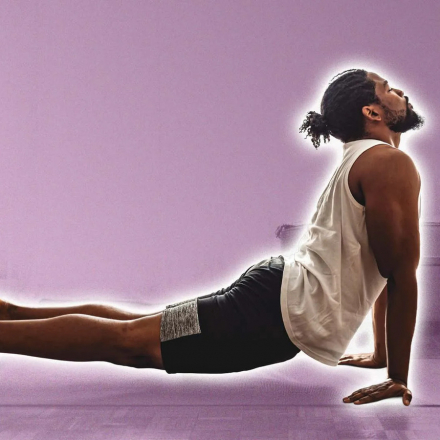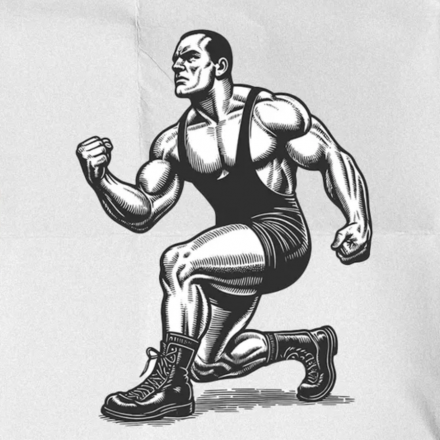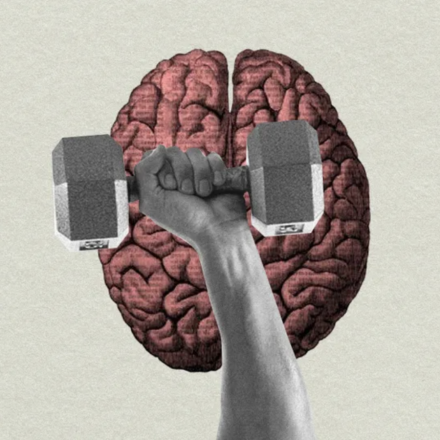Virtual reality (VR) combined with exercise is a great mix for workouts, but how can we make it more enjoyable? Researchers from the University of Bath have recently found a way to make VR games more engaging and motivating.
Games That Feel Your Emotions
Regular VR games that combine exercise with entertainment often see low engagement: many people start working out but quickly lose interest if they start to feel discomfort or boredom. A team from the University of Bath has proposed a solution: they’ve created VR games that adapt to your emotions and physical state.
These games use sensors to monitor your mood and physical changes, such as heart rate, facial expressions, and sweating. Depending on how you feel, the game adjusts its difficulty to keep you engaged.
How It Works
Dr. Dominic Potts, the lead author of the study, explains: “Motivation and adherence to workouts are big issues. We can enhance enjoyment and performance by tailoring the game to your mood and physical state. Games will reward you when you’re struggling and add challenges when you’re ready for more.”
Researchers from the University of Bath used a new combination of sensors that can be integrated into VR headsets and wearable devices like smartwatches. These sensors track how your body responds to physical activity and send this data to the game, allowing it to adjust accordingly.
What’s New in the Study?
The study involved 72 participants who used a VR stationary bike. Sensors measured pupil size, facial expressions, heart rate, and sweat levels. This helped to accurately gauge participants' emotional states and adjust the game’s difficulty.
Based on this research, recommendations were developed for creating VR games that better account for users' emotional states. For example, sensors should adjust for changes in lighting in the virtual environment and consider sweat levels to assess stress.
The Future of VR Workouts
Dr. Christof Lutteroth, who leads the research, believes that VR exercise will become even more popular in the future. It is already used in school programs, rehabilitation, and sports science. Therefore, it is crucial to develop technology that senses and adapts to users' emotions and physical states.
If you want workouts to be more exciting and effective, consider trying new VR games that can make your exercise routines much more engaging.


















